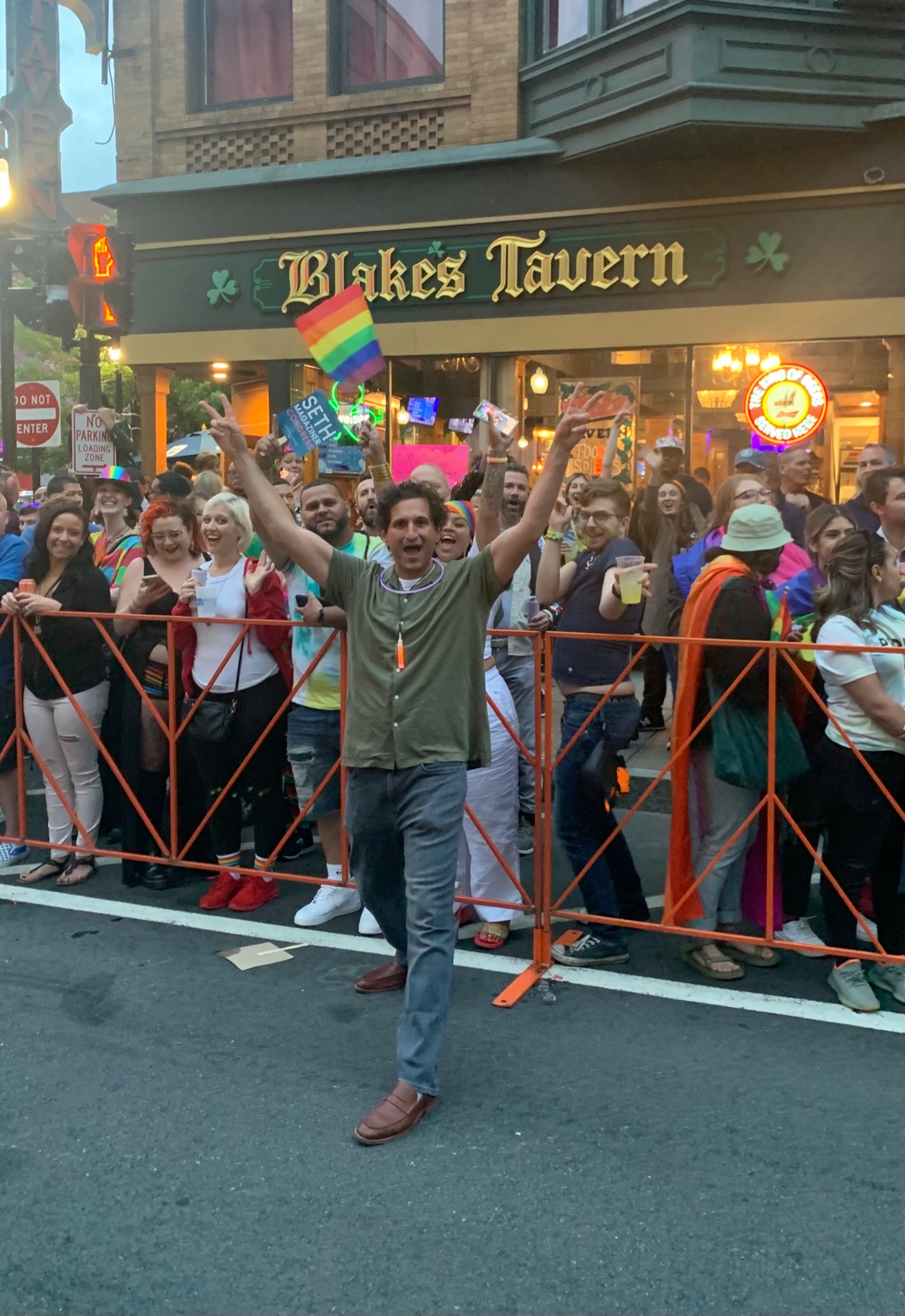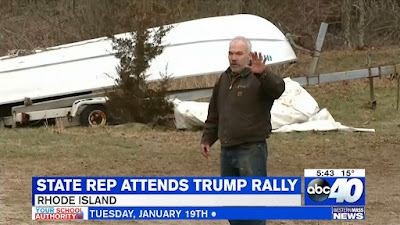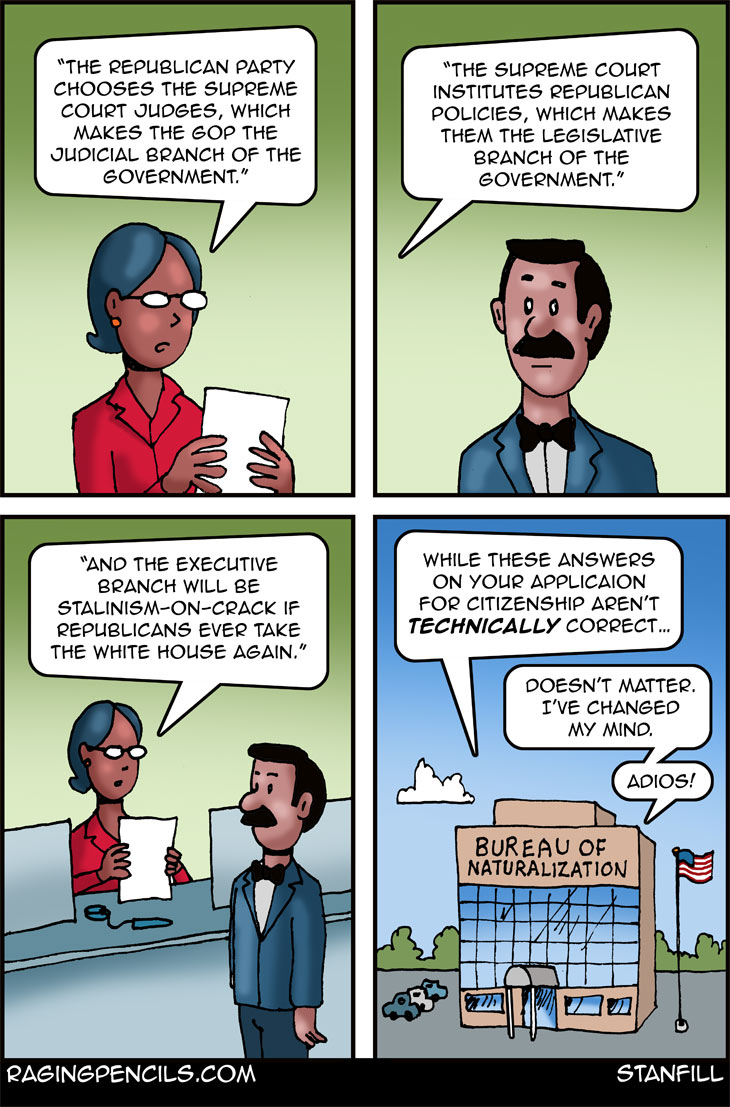News nuggets you may have missed
By
Will Collette
 |
| The CCA will also be rolling out its new line of eco-fashions to wear in conservation developments. You, too, can become a tree. Or a shrubbery. |
Postponements
The
Charlestown
Citizens Alliance is desperate to pass a new ordinance that would increase
the scope of power for the all-mighty Planning Commission. Having once
condemned “conservation developments,” the CCA now embraces them, but with a
twist.
The
new
ordinance is essentially designed to be so onerous and complicated that no
one is likely to try to build any new housing developments in town. It’s
clearly another CCA power play.
Property owners angrily stormed the first hearing on the ordinance, forcing a continuance of the hearing to be bumped to the earliest possible date. Then, so many people showed up that the Council could not continue the hearing due to an over-capacity crowd exceeding Fire Marshal limits.
Now the hearing is postponed
to August 22 at 7 PM at the auditorium
at the Charlestown Elementary School. Be sure to bring your balloons and
banners.
Also
postponed is former Westerly Democratic town chair Bob
Ritacco’s pre-trial conference on the two counts of rape contained in a
grand jury indictment. Pre-trial conference has been postponed until September.
She can’t always
get what she wants
 |
| Here is the actual map LaBossiere included in her proposal for $375,000 to build new bike paths. There was also a second map that is equally useless in telling you exactly where the path would go. |
Until now. On July 18, the Town Council held a
special meeting to go over a list of projects proposed for funding under the American Rescue Plan Act
(ARPA). Faith snuck a project onto the list under the auspices of the illegally
appointed “Block Island Sound Subcommittee” to spend $375,000 for 1.79 miles of new bike paths.
Aside from being improper on its face, Faith’s
scheme is a revival of past biking schemes that would involve either asking
property owners to give up land for the right of way or town purchase of land rights. Also the destruction of some portions of stone walls along the
route. Variations of this scheme failed in the past due to those problems as
well as liability issues – i.e. who pays when bikers inevitably get injured in a fall.
Then there is the money question, namely can Faith's cost estimates be trusted? Like Faith’s Folly
in Ninigret Park, the one that Faith said would only cost $7,000 went
over-budget by 4,000%. If you apply the same arithmetic to Faith’s new scheme,
the final cost could be around $15,000,000.
Little details like this didn’t stop the CCA
Council majority from giving Faith what she wanted in the past. However, on
July 18, a miracle happened. Faith’s scheme was killed by a 4-1 vote, with CCA
counselors Susan Cooper and retiring Councilor Bonnita Van Slyke voting NO.
Hooray Fidget!
 |
| Fidget is OK |
I’m
very happy for Cynthia. I’ve gone through this kind of crisis with several
companion animals in the past – usually not with as good a result – so I
understand the range of emotions you go through as you try to get the right
answers.
But
in this case, Viva Fidget!
Fidgit is frequently featured in Cynthia's entertaining Tweeter site.
Party! Party!
Party!
Now that Charlestown’s state Representative Blake “Flip” Filippi has decided to abandon his party and not run for re-election in the face of his first opponent since his initial election in 2014, I wonder what he’s going to do.
Flip says
he decided to quit because he wants
to concentrate on an arcane lawsuit he has brought against the Joint
Committee on Legislative Services. What’s the case about? How decisions are
made in the General Assembly.
When Flipper’s attentions are not required on this crucial lawsuit that everyone in Rhode Island is watching with rapt attention (sarcasm alert!), Flip also has the family businesses on Block Island to tend to.
Also, he needs to take care
of his cute cows on his Lincoln ranch before he slaughters them to sell as
organic beef.
It’s
his Block Island businesses that probably need his attention most right now. Local
police conducted a sting on establishments serving liquor to determine
whether the laws on under-age drinking were being followed. For the most part,
bars and restaurants, including Filippi family properties, were not carding
young customers. They were issued warnings and told to knock it off.
According
to the Providence Journal:
“However, Ballard's [a Filippi property] issued a statement to ABC6, saying that they take the matter "very seriously and will be working with the police department to ensure best practices are enhanced and put in place immediately.”
No Red Flags in
Charlestown
All but the most fanatical gun nuts generally support red flag laws designed to enable police to take guns away from people who are found to pose a danger to themselves and others.
It was one of the better provisions of the
bi-partisan gun bill recently passed by Congress and signed into law by Joe
Biden.
Rhode
Island also has had a red flag law on the books.
The
Boston
Globe recently surveyed Rhode Island cities and towns and found that the
red flag law was used 128 times in the four years since the law has been in
effect.
Nearly every municipality has used the red flag law to take guns from dangerous people, some through the State Police where the town lacks its own police department (e.g. Exeter).
Charlestown was one of the ONLY towns to report no
instances where CPD intervened to takes guns away from a dangerous. Even Burrillville,
which declared itself to be a “Second Amendment Sanctuary” where gun laws
are not enforced, reported three instances where the red flag law was used.
Still hoping the
feds bust Justin Price
Local nutcase legislator Rep. Justin Price (Trumplican- Richmond, Hopkinton, Exeter) took part in the January 6 Trump-led coup attempt in Washington.
Aside from the debunked Antifa bullshit, by his own admission, Price must have crossed police lines to get close enough to make his bogus ID.
I want to
know WHY Price failed to take action against what he perceived to be enemies
of the state. As a rough, tough former Marine, he took an oath to defend the
Constitution against all enemies, foreign and domestic. How about it, Justin?
The
feds are slowly but surely rounding up legislators who broke the law on January
6, as they did with West
Virginia state Delegate Derrick Evans who received a three month prison
sentence after pleading guilty to felony civil disorder. I am hoping that
Price will also be called to account for his actions on January 6.
Drought prompts
Westerly to order stop to water wasting
South Kingstown has had water restrictions in place for years, but now Westerly has decided that it too must stop water waste. Almost all of Rhode Island is suffering a “severe” drought. Only a small strip of the coast, including the south end of Charlestown is in “moderate” drought. See map, below.
Nonetheless,
all of us should be mindful of wasting water since our wells are drawing on
aquifers that count on rain to recharge.
In Westerly, wasteful uses include watering lawns, filling swimming and wading pools, washing houses, cars, sidewalks, and boats, etc.
It’s a warning for the first offense but $100 if you do it
again.
Aside
from stressing trees and withering gardens, the drought also boosts the chance
of wild fires.















.webp)











